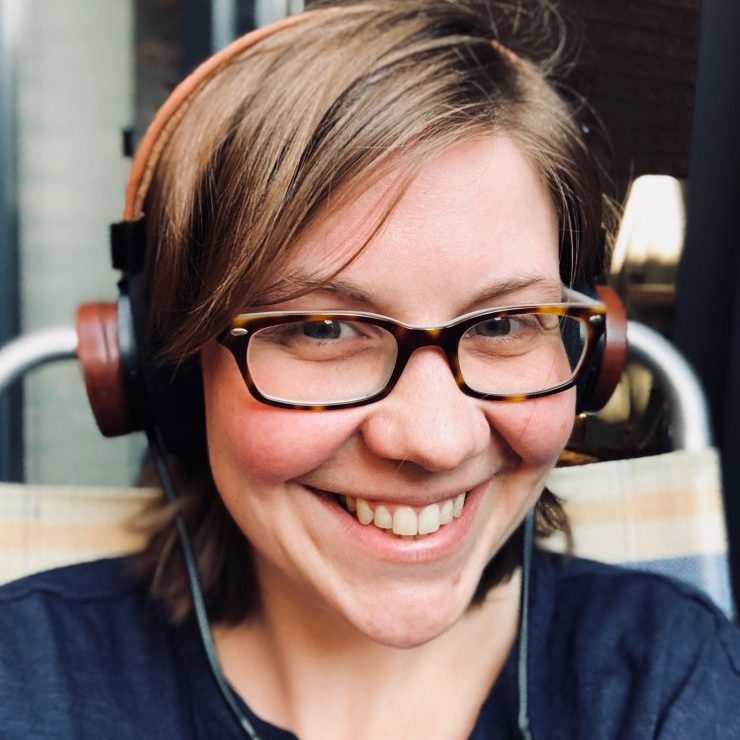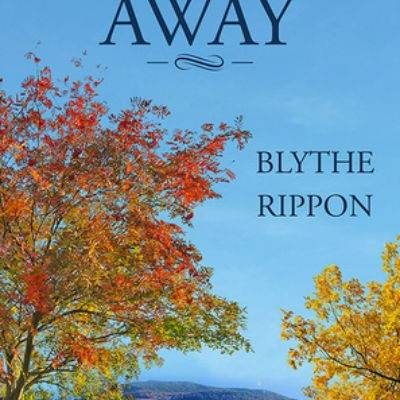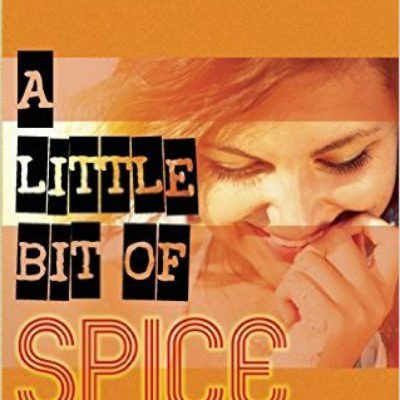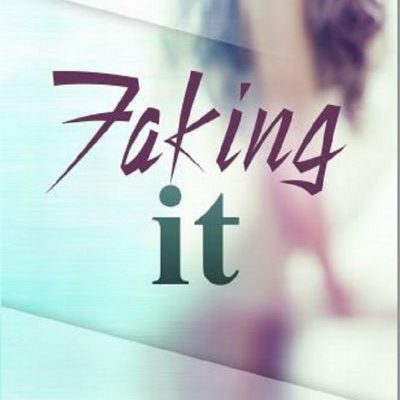 A rehab romp with a bittersweet edge
A rehab romp with a bittersweet edge
Sugarbush is a very specialized rehab centre tucked away in Vermont. Catering to a wealthy lesbian clientele only, and run by long-time partners Babe and Lily, the centre is about to receive its most dramatic intake yet. All high-achievers, these women are also all at rock-bottom, whether they care to admit it or not. Alcoholics, drug addicts and/or sex addicts, the ten women who arrive one winter’s morning are in for a bumpy ride.
Suffice to say, for the first third of the book it was difficult to find much to like about any of the clients of the centre. They are all self-centred, obnoxious, completely in denial and utterly out of control. Within the first twenty-four hours, they’re all ignoring the rules, sneaking drugs, and grabbing a quick roll in the hay with whoever is amenable. There’s bitchiness but there’s also humour, most of it dry at best but sometimes outright painful. And be warned – some of the characters do express some distinctly non-politically correct opinions on sexual activity, sexual orientation and gender identity that some readers might find a tad offensive. However, Good has written these women as warts-and-all, and pithy comments are their currency, so it does actually fit that some of what they say about or to each other is distinctly unpleasant.
Of course, all that starts to change as they spend more time at the centre and in their therapy sessions. Gradually the tough exteriors are worn away, and hurt and broken women are revealed. Their stay at the centre is thirty days, and some have to stay the course to avoid jail or other unpleasant consequences. So it’s no surprise that those are the women who make the most effort to actually dry out or sober up. And it was a nice surprise in the story’s development that not everyone lasted – some of the many characters in the book don’t make it to the end, and that was a great dose of realism in amongst the hijinks.
As more of each woman’s history is revealed, and the key issues that have led them to resort to their addictions, more sympathy and empathy as a reader is distinctly possible. It’s clever writing that takes us on their journey, feeling their pain and sorrow, and then their joy – or, at least, not pain – when they make progress and start to see changes in their lives.
The writing style is fun with an edge – there are plenty of bittersweet moments that keep this from being an over-the-top farce. The pacing is good, and the various stories are all wrapped up, one way or another, in endings completely appropriate for the characters themselves. It’s a good debut, and it seems a sequel may already be in the pipeline.





